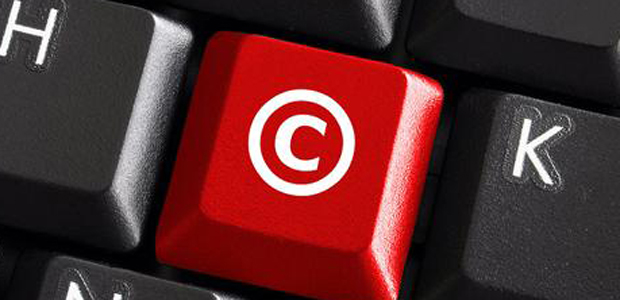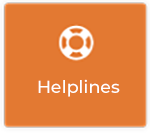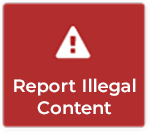Copyright, Plagiarism and Other Web Safety Issues
The internet has brought about staggering changes in the way information is gathered. Now, in just the click of a button, reams of statistics, stories and anecdotes can be accessed in seconds online.
Compare this to how previous generations learned and studied, and it gives you some idea of the pace of technological change.
However, as with most of society’s advancements there are negatives which counter the positives.
Outside of the most obvious concerns, whether it be inappropriate online material or the existence of internet predators, copyright, plagiarism and other web safety concerns deserve most attention when it comes to keeping our children secure as they use the web.
As teachers, you must help students cope with the challenges which these issues throw up. And to do that, the National Council for Curriculum and Assessment has included copyright and plagiarism pointers in its ICT Framework, a key document for teachers on ICT use in schools.
Teaching the ethical and responsible use of the Internet and ICT is detailed in Area S of the ICT Framework, which you can access below.
[gview file=”https://www.webwise.ie/wp-content/uploads/2014/05/NCC-ICT-Framework1.pdf”]
Copyright Law
Using the internet to do homework is becoming increasingly common. With this, students have access to so many different images and other relevant material.
However, much of the internet content of relevance is protected by copyright.
This means that its author has insisted it cannot be used without his/her prior consent.
That’s why a vital digital literacy skill is to teach students that images and art work they find online are protected by copyright.
Ensure that your students always look for the copyright symbol © when they want to use something they have found online.
And indeed, you should also show them how to apply it to their own work, for example, articles and pictures they post to the school website.
Plagiarism
Plagiarism is a massive issue at university level. And it is increasingly becoming an issue in primary and secondary schools.
The practice of plagiarism occurs when someone passes another’s work off as their own.
With the convenience of the copy and paste tool, instances of plagiarism have experienced a significant increase.
In your school, it’s vital that you make it clear that students must acknowledge the use of other people’s ideas, work and sources.
Indeed, this should be written into the relevant school policy documents to make sure students are aware that plagiarism will not be tolerated.
To be sure that it does not become common place, teach students how to reference material and how to make reference lists or bibliographies to help them be transparent about their sources.
Reference pages should include the name of the work, the author and the link it can be accessed at.
This process can also help teach your students about source criticism – because everything they come across online will not be true.
Other Areas on Internet Safety in the ICT Framework
Here are some other areas of the ICT Framework document which deal with relevant internet safety issues. To view them, see the PDF above and search for the relevant area.
Area T – Using ICT (including the Internet) for thinking and learning, including assessing information, problem solving and expressing ideas across a range of curriculum areas
Area C – Exploring the potential of ICT (including the Internet) to create, communicate, collaborate, organise and produce information
Area F – Understanding and applying knowledge of the functions of ICT including safe practice, maintenance and ergonomics







